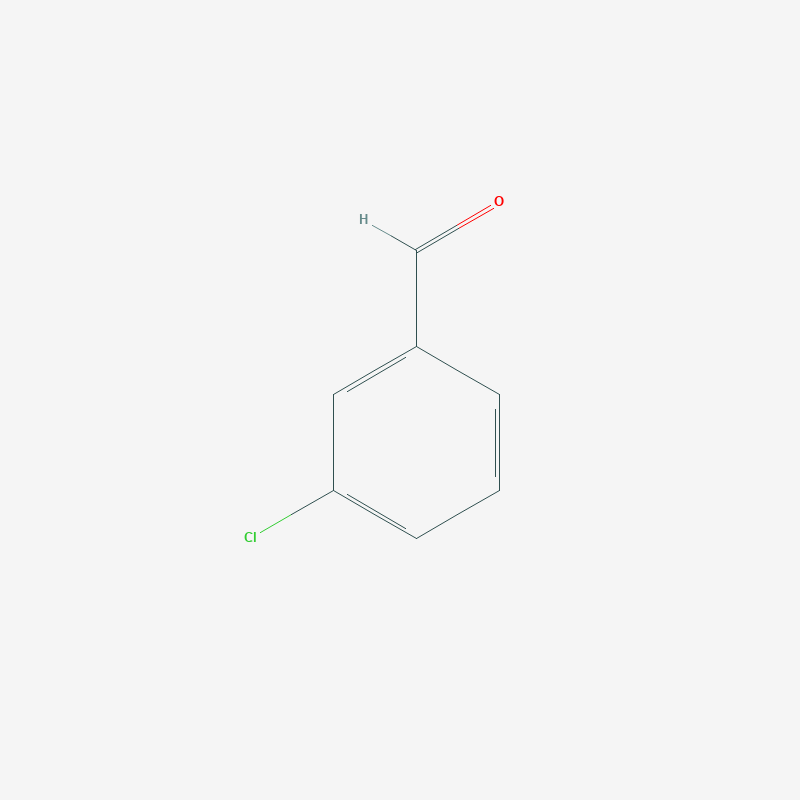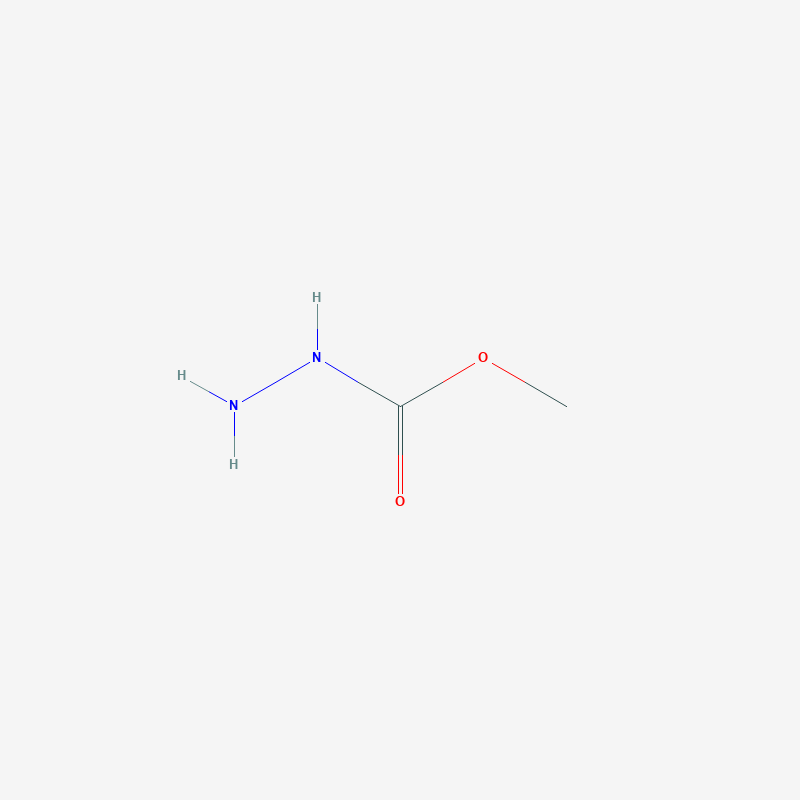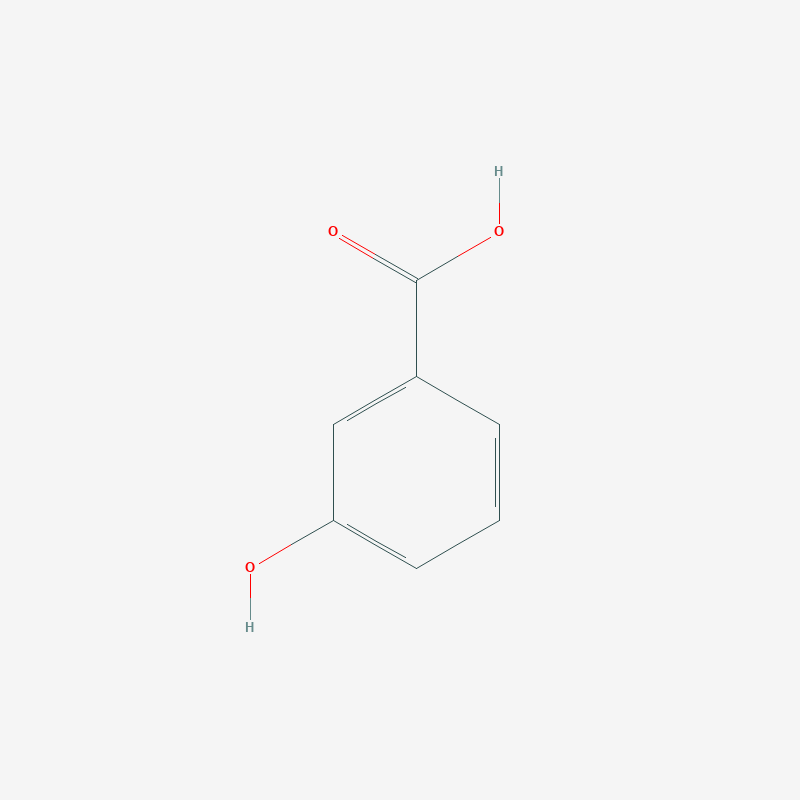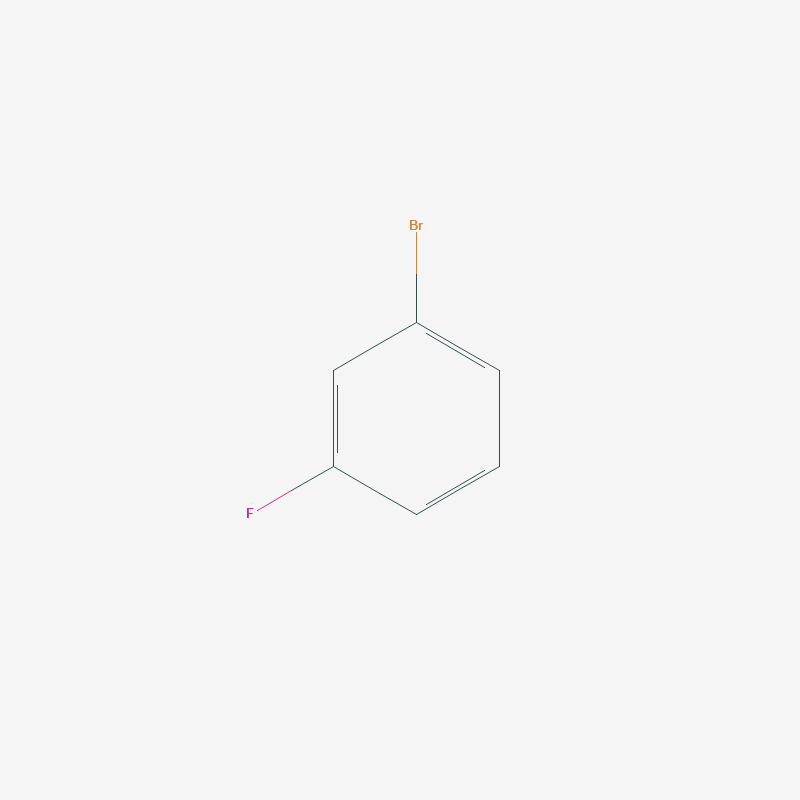| Purity / Analysis Method | >98.0%(GC) |
| Molecular Formula / Molecular Weight | C5H10Br2O2 = 261.94 |
| Physical State (20 deg.C) | Solid |
| Store Under Inert Gas | Store under inert gas |
| Condition to Avoid | Hygroscopic |
| CAS RN | 3296-90-0 |
| PubChem Substance ID | 87568277 |
| MDL Number | MFCD00004688 |
2,2-Bis(bromomethyl)-1,3-propanediol
Purity : >98.0%(GC)
CAS No.: 3296-90-0
EC No.: 221-967-7
EC Name: 2,2-bis(bromomethyl)propane-1,3-diol
ECHA Name: 2,2-bis(bromomethyl)propane-1,3-diol
Synonyms:
2,2-Bis(bromomethyl)propane-1,3-diol
3296-90-0
2,2-BIS(BROMOMETHYL)-1,3-PROPANEDIOL
Dibromoneopentyl glycol
Pentaerythritol dibromide
Enquire For Best Price
For all our chemicals TDS, MSDS and CoA are available upon request
Specification & Properties
Specifications:
| Appearance | White to Almost white powder to crystal |
| Purity(GC) | min. 98.0 % |
| Melting point | 109.0 to 113.0 deg.C |
| Solubility in Methanol | almost transparency |
Properties:
| Melting Point | 111 deg.C |
| Solubility in water | Soluble |
| Degree of solubility in water | 38 g/l 25 deg.C |
| Solubility (soluble in) | Methanol |
Safety & Regulations
Safety Information:
| Chemical Safety |
| Signal Word | Warning |
| Hazard Statements | H302 : Harmful if swallowed. H315 : Causes skin irritation. H319 : Causes serious eye irritation. H351 : Suspected of causing cancer. |
| Precautionary Statements | P501 : Dispose of contents/ container to an approved waste disposal plant. P270 : Do not eat, drink or smoke when using this product. P202 : Do not handle until all safety precautions have been read and understood. P201 : Obtain special instructions before use. P264 : Wash skin thoroughly after handling. P280 : Wear protective gloves/ protective clothing/ eye protection/ face protection. P302 + P352 : IF ON SKIN: Wash with plenty of water. P308 + P313 : IF exposed or concerned: Get medical advice/ attention. P337 + P313 : If eye irritation persists: Get medical advice/ attention. P305 + P351 + P338 : IF IN EYES: Rinse cautiously with water for several minutes. Remove contact lenses, if present and easy to do. Continue rinsing. P362 + P364 : Take off contaminated clothing and wash it before reuse. P332 + P313 : If skin irritation occurs: Get medical advice/ attention. P301 + P312 + P330 : IF SWALLOWED: Call a POISON CENTER/doctor if you feel unwell. Rinse mouth. P405 : Store locked up. |
Related Laws:
| RTECS# | TY3195500 |
Transport Information:
Hazard Classification:
Danger!
According to the harmonised classification and labelling
(ATP15)
approved by the European Union, this substance
may cause genetic defects and
may cause cancer.





